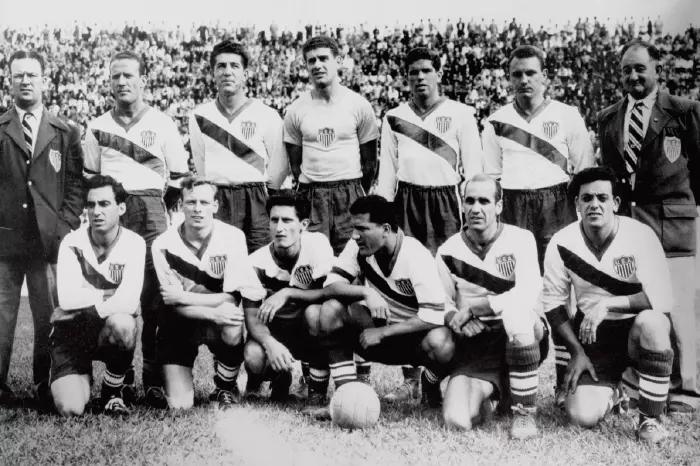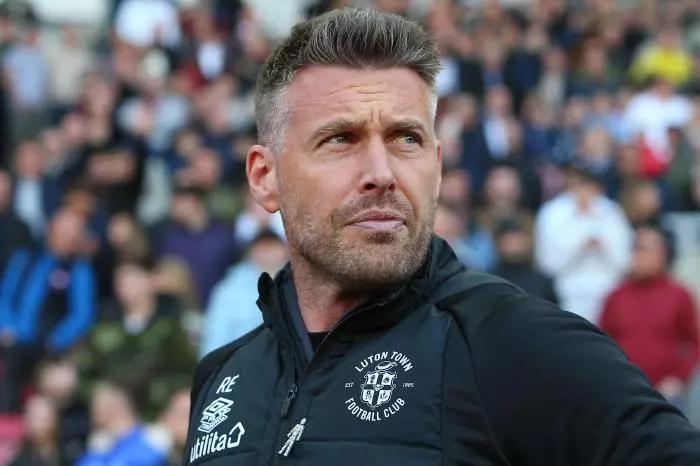Against all odds: When USA's part-timers beat England’s ‘Kings of Football’

With England and the United States set to go head-to-head at the 2022 World Cup, we take a look back at one of the greatest encounters between the two nations.
Normal men doing extraordinary things
A mailman, a hearse driver, a dishwasher, an undertaker, a knitting machinist and a paint stripper. Those were some of the jobs that members of the American team did back in their hometowns, but on June 29, 1950, these men were in Belo Horizonte awaiting their second World Cup game against England.
As a team made up of amateurs, the USA were given 500/1 odds of winning the tournament. Most argued that even those odds were rather generous. Their upcoming opponents, on the other hand, were priced as the 3/1 favorites to win the World Cup.
One result gave them belief
The Miracle on Grass
America's clash with England would be their second game of the tournament. A few days earlier, the United States lost 3-1 to Spain, but the scoreline doesn't really tell the whole story.
Most of the fans were Brazilians and they knew that England had the potential to threaten Brazil further down the line. They willed the USA team on and at half-time, their slender lead was still intact.
It's the 65th anniversary of the Miracle on Grass. The day the US shocked England 1-0 http://t.co/jAmU0YYcWY #1N1T pic.twitter.com/UHj9zyTfwM
— AO Birmingham (@AO_Bham) June 29, 2015
Reaction…what reaction?
Three steps back, one World Cup win
For the USA, the win over England had little to no impact on the soccer scene in the country. Soccer has picked up momentum over the last few decades largely thanks to the dominance of the women's team, but the men are also beginning to break through, with players including Christian Pulisic, Weston McKennie and Gio Reyna impressing at Europe's biggest clubs. This was catalysed by their hosting of the 1994 World Cup and the increasing success of both the MLS and NWSL.







